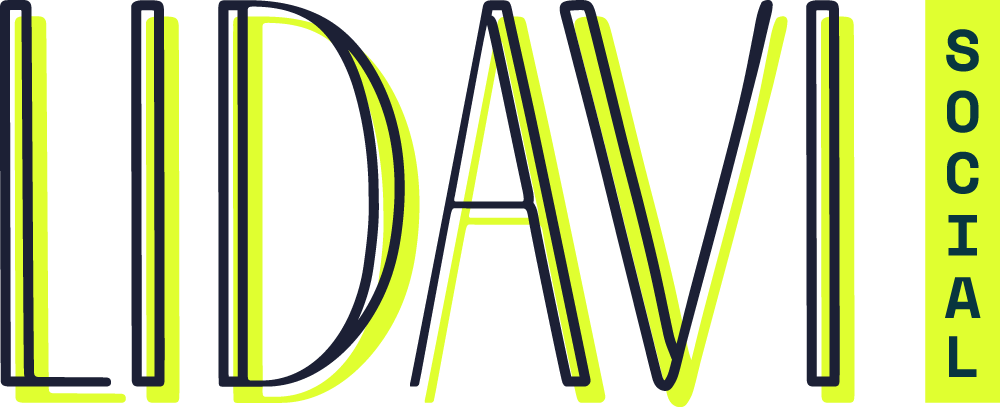Nurturing Mental Health in the Digital Age: 5 ways Social Media can help us manage our mental health
social media platforms, no matter the controversy surrounding them, are front and center in just about all of our lives, no? in fact, 4.48 billion people currently use social media worldwide, a figure that has more than doubled since 2015!
we use social media to connect with friends, stay updated on current events, and express ourselves creatively. many of us use them on a daily basis as a professional tool!
amidst the endless scrolls and overwhelming notifications, it's no secret that social media can be a breeding ground for stress, anxiety, and negativity.
as social media managers, we've seen the profound impact that social media can have on our mental health... and we've learned a few things about how to turn platforms that have the potential to harm us into useful tools for our mental wellbeing. when harnessed correctly, social media can be a powerful tool for promoting mental health and creating a sense of safe community that many of us struggle to find in the "real" world... so let's talk about it!
1. de-stigmatizing mental Illness
mental illness has long been a source of fear and stigma, and in our opinion we still have a LONG way to go. however, social media provides a unique opportunity to de-stigmatize mental illness. when creators speak about mental health challenges they've experienced, they create space for their audience to share similar stories and experiences without fear of judgement. by sharing personal stories, experiences, and coping strategies, individuals have the power to break down barriers and encourage open conversations about mental health, normalize discussions around mental health and encourage people to seek help when needed. stigma, judgement and fear all thrive in isolation, making online communities the perfect antidote to the shame and judgement that often permeates conversations about mental illness.
2. accessible resources
the internet is an absolute treasure trove of information, which makes social media a gateway to valuable mental health resources. many organizations, therapists, and mental health professionals share free or low-cost resources online, allowing those who are unable to seek healthcare due to cost or location barriers the information they need to make more informed decisions.
for those who have been exposed to a culture of shame around mental illness, seeking out therapy may feel too anxiety-inducing. for these people, learning from therapists' instagram reels, tiktoks, or blog posts can be a great way to dip their toes in the world of mental wellness without having to pay money or walk into an intimidating, sterile waiting room to seek help.
3. increased symptom awareness
with stigma comes a lack of important conversations about mental health, and without an open dialogue between friends and family members it can be challenging to recognize symptoms of a mental illness for what they are.
mental healthcare, like nearly every medical field of study, has long been predisposed to recognize symptoms as they present in men... but not in women. we're loving paige layle 's content because it draws attention to the ways autism spectrum disorder presents in women (which, spoiler alert, are not the same ways it presents in men.)
4. Mindful Consumption
think of social media like a vision board; you want to be careful about what content you're allowing to populate your feed!
we know it can be tough, but carefully curating the content you consume can do wonders for your mental well-being and prevent you from getting trapped in negative thought spirals.
5. amplifying important voices
social media provides an excellent platform for amplifying the voices of mental health advocates, activists, and organizations. sure, there are nasty people online (just like in real life) but there are also countless mental health professionals on social media sharing wisdom, advice and educational resources free of charge. if you're not already, we encourage you to give these incredible creators a follow:
Dr. Nicole LePera who shares information about relationships, attachment and childhood programming
Sanam Naran , a psychologist demystifying mental health and interpersonal relationships
Charissa Imiko , an advocate sharing relatable mental health content
Michelle Tangeman, a licensed therapist sharing mental health tips for moms
by building community, de-stigmatizing mental health, providing accessible resources, offering healthy aspirational content and amplifying the voices of mental health leaders, social media has the potential to create safe spaces that nurture our mental health- online and offline.
